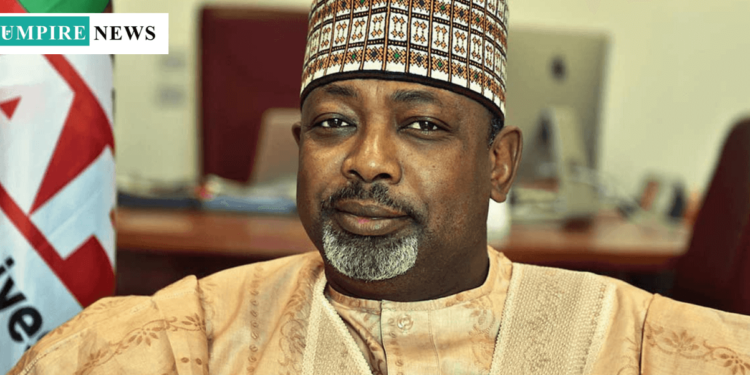The Nigerian government has reaffirmed its dedication to addressing the country’s food security challenges through a series of new initiatives aimed at improving agricultural productivity and mechanization. Aliyu Abdullahi, the Minister of State for Agriculture and Food Security, made this announcement during his appearance on Channel Television’s Sunrise Daily show on December 9, 2024. Abdullahi emphasized that food security has become a top priority under the current administration’s Renewed Hope Agenda.
The minister acknowledged the struggles faced by Nigeria’s agricultural sector, which had led to the declaration of a state of emergency on food security by President Bola Ahmed Tinubu in the previous year. Abdullahi highlighted the need for significant reforms to increase agricultural output and ensure that the country’s food needs are met. He underscored that food security is not only critical for nutrition but also for driving economic growth, alleviating poverty, and promoting gender inclusivity in agriculture.
Abdullahi explained that one of the key challenges in Nigerian agriculture is the outdated and rudimentary tools available to farmers. In response, the government has introduced several large-scale mechanization projects aimed at modernizing farming practices. He revealed that the Greener Up Initiative Mechanization Program and the Belarus project are among the efforts to transform Nigeria’s agricultural machinery.
The minister also introduced the Greener Imperative Project, a new initiative in collaboration with Brazil, set to roll out in January 2025. This project aims to bring modern agricultural equipment to Nigerian farmers, improving productivity and reducing reliance on traditional farming methods. Abdullahi stressed that the mechanization program would be pivotal in enhancing the efficiency of Nigeria’s agricultural sector, making farming more profitable and sustainable for smallholder farmers.
Abdullahi concluded by highlighting that the federal government’s focus on food security will continue to play a central role in the administration’s economic agenda. The Greener Imperative Project, along with other initiatives, is expected to significantly boost food production in Nigeria, reduce the country’s reliance on imports, and support efforts to make the agricultural sector more inclusive and responsive to the needs of all Nigerians.
































